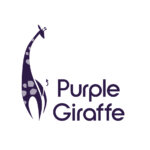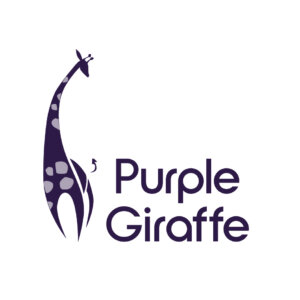As the real estate market continues to evolve, marketing your business requires staying up to date with the latest technology and trends. To stand out from the competition, you’ll need effective marketing strategies to promote your business to potential buyers, vendors, and renters.
Here are our top tips for marketing your real estate business in 2023:
Embrace Digital Marketing
In today’s digital age, having a strong and robust online presence is essential. So now is the time to invest in a comprehensive digital marketing strategy. Invest in a user-friendly, visually appealing and mobile optimised website that showcases your listings and provides valuable content. Incorporate clear calls-to-actions, lead capture forms and live chat features to engage with potential clients.
Utilise social media platforms including Facebook, LinkedIn and Instagram to share market updates, property listings and informative articles. Be sure to engage with your audience, respond to inquiries promptly, and build relationships with potential clients.
Use chatbots on your website and social media platforms to provide instant responses to common queries such as open inspection times. If budget permits, implement pay-per-click (PPC) advertising to reach a wider audience and generate leads.
Optimise For Local SEO
Implement local search engine optimisation (SEO) strategies to target clients in your specific area. Optimise your website and online profiles with relevant keywords, meta titles and descriptions and location specific content.
Ensure your business is listed accurately on Google Business and all content is up-to-date and in-depth. Google Business improves a company’s local SEO and customers are more likely to consider a business reputable if they find a complete Business Profile on Google Search and Maps. Encourage happy clients to leave positive reviews, as they can boost your local search rankings.
Develop a Content Marketing Strategy
Position yourself as an industry thought leader by creating valuable and informative content. Start a blog on your website and regularly publish articles about real estate trends, market updates, buying/selling tips, home improvement and local community information. Repurpose and share this content on social media to expand your reach.
Consider producing eBooks, YouTube videos, or hosting a podcast that provides insights, educational content and guides related to the real estate industry. Finally, consider guest writing articles on relevant real estate websites or online publications to further establish yourself as an industry expert.
Leverage Video Marketing
Video content continues to be a powerful marketing tool as it is highly engaging and can showcase properties effectively. Consider creating virtual property tours, property walk-throughs and even neighbourhood guides to give potential buyers a truly immersive experience.
Live streaming property tours or hosting Q&A sessions on social media platforms can also be a powerful tool for attracting an audience, boosting engagement and establishing credibility.
Video can also be a much more engaging way to share market information and trends and position your team as experts in the marketplace.
Engage in email marketing
Email marketing is still one of the best ways to reach new prospects, keep existing ones engaged and keep your business top of mind to encourage repeat business and referrals.
Build an email list of interested prospects and nurture those relationships through regular newsletters, personalised property recommendations, and exclusive offers.
Your own contacts database is actually one of the most valuable assets your real estate business can have.
Utilise Virtual Reality (VR) and Augmented Reality (AR)
If you want to be industry competitive and stand out from the competition, then real estate tech is an area that can give you the extra edge.
Incorporate virtual reality (VR) and augmented reality (AR) technologies to provide an interactive and immersive experience for your clients. VR tours allow potential buyers to view properties remotely, a great option, especially for interstate and overseas buyers or investors. AR can be used to overlay additional information or virtually stage furniture or showcase interior design possibilities, giving buyers a sense of the property’s potential.
Utilise Customer Reviews and Testimonials
Positive reviews are essential for your real estate business as they serve as powerful social proof and can influence potential clients’ decision making. Encourage your satisfied clients to write reviews on your website, social media platforms, and relevant third-party review sites.
Client video testimonials are an excellent way to attract and engage potential buyers or renters. Share these on your website, social media channels, email marketing or YouTube channel.
Stay Active in Professional Networks
Join local real estate associations, attend relevant industry conferences, and participate in networking events to build relationships with other professionals in your field. Collaborating with mortgage brokers, home stagers, and interior designers can lead to cross-promotion opportunities and referrals.
Create a business LinkedIn account to connect and network with industry and potential clients. LinkedIn is a great platform for engaging with professionals and becoming an authority in your field.
Final Thoughts
Real estate marketing, especially digital marketing, is critical for the survival of any modern real estate business, whether small or large.
Consistency and adaptability are crucial in marketing your real estate business.
Continuously monitor and adapt your marketing strategy to stay ahead of the competition and cater to the evolving needs of your target audience. Adjust your strategies accordingly to refine your approach to maximise your marketing efforts in 2023 and beyond.
If you would like further assistance with marketing your real estate business, get in contact with us today!







